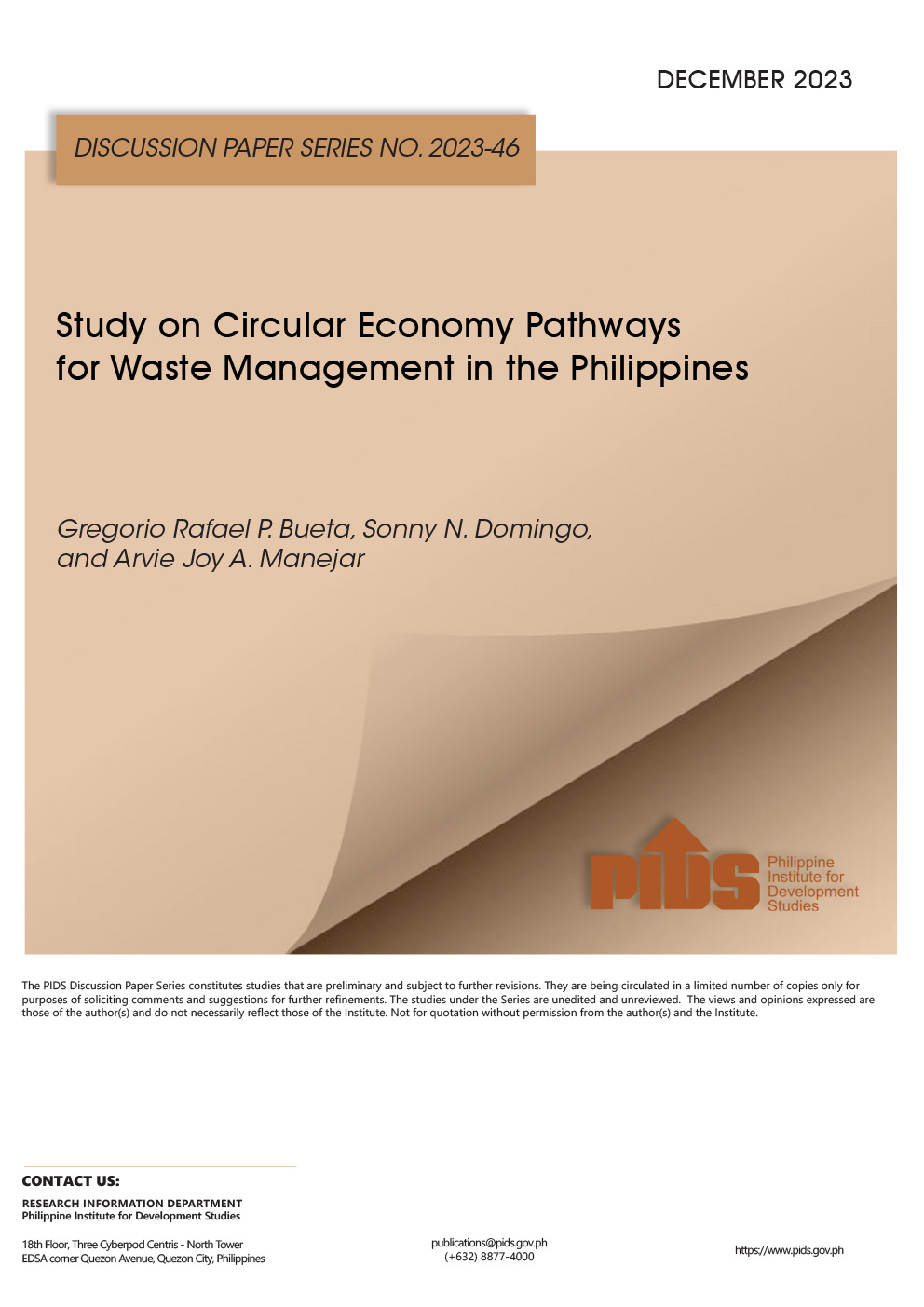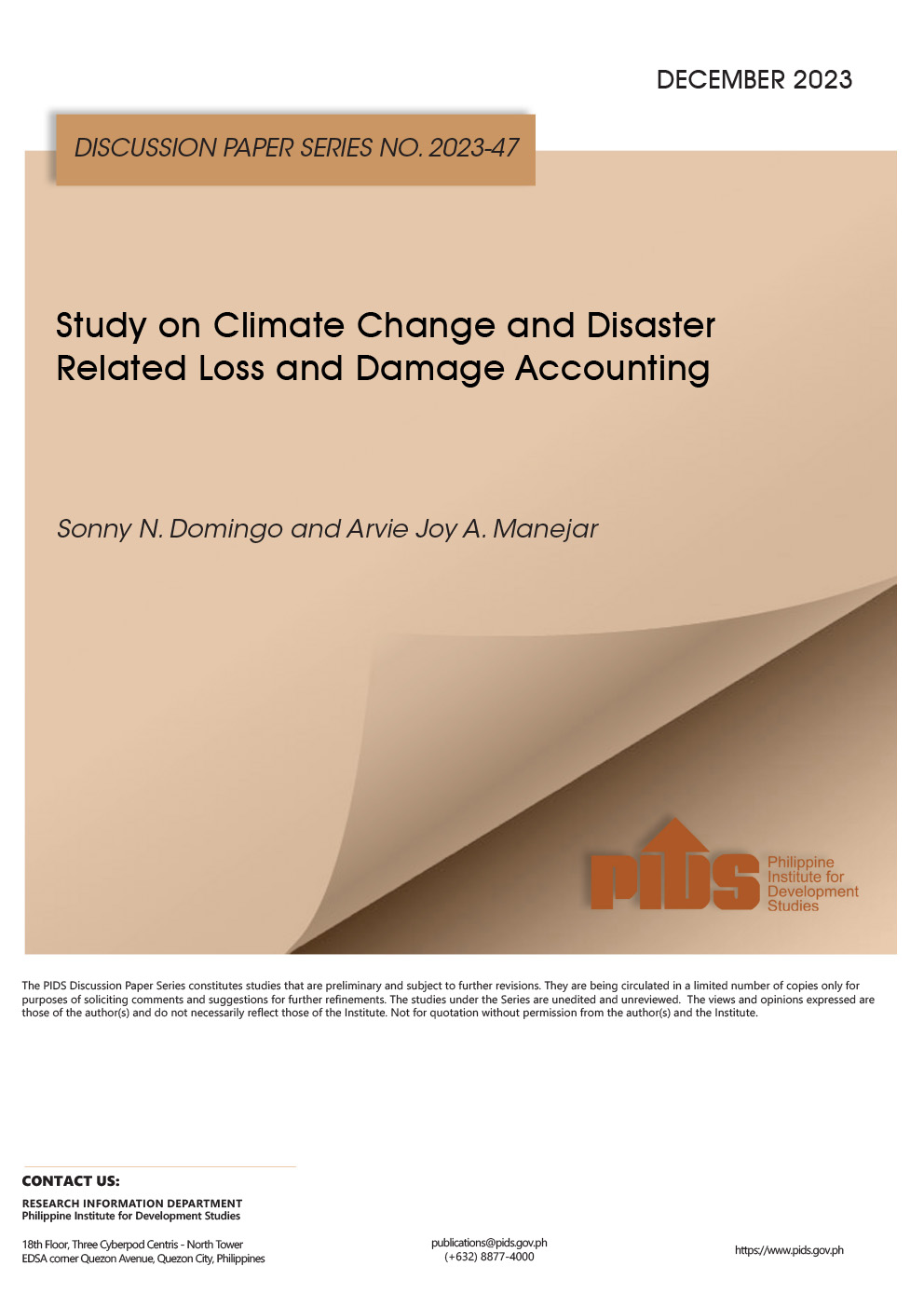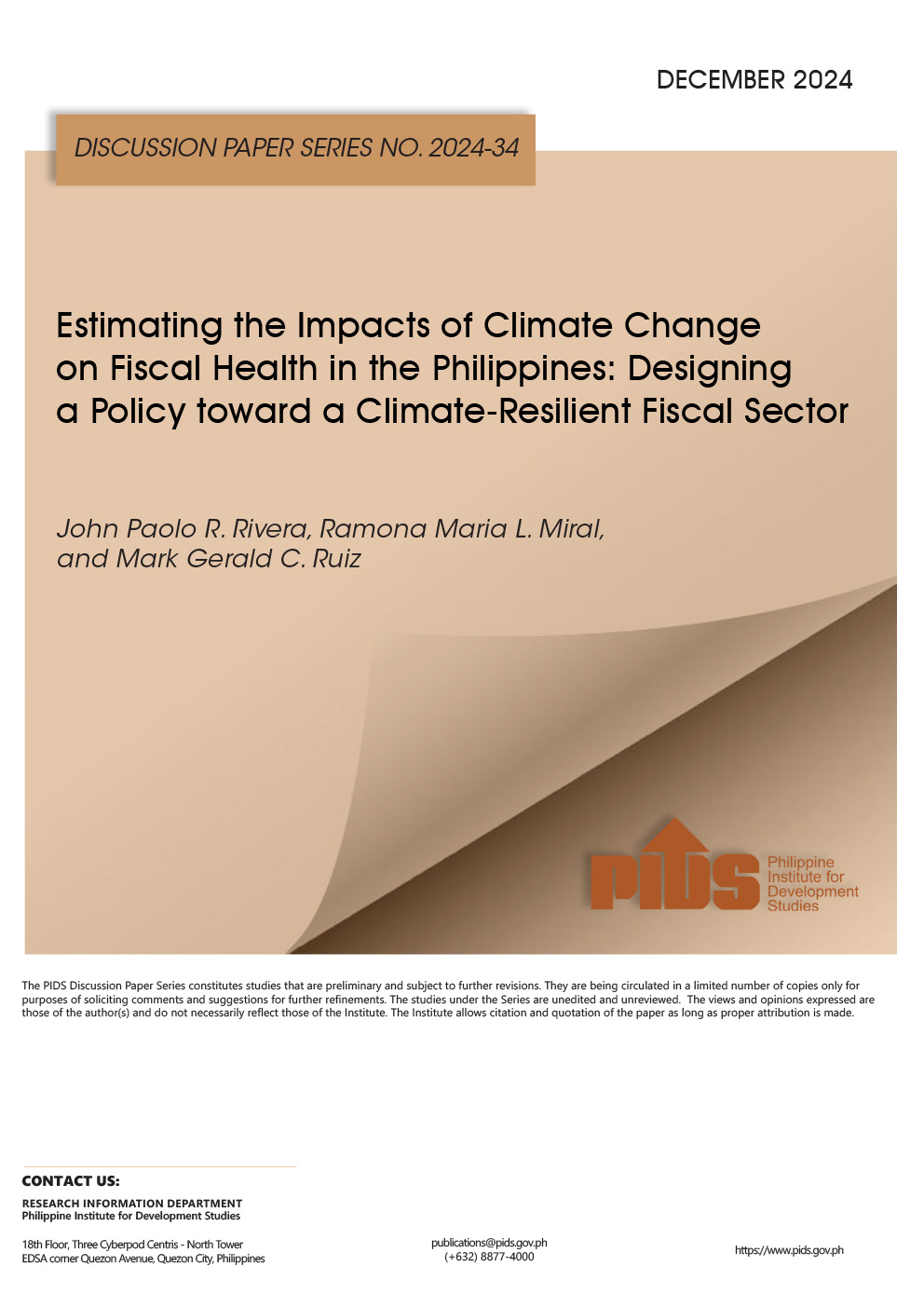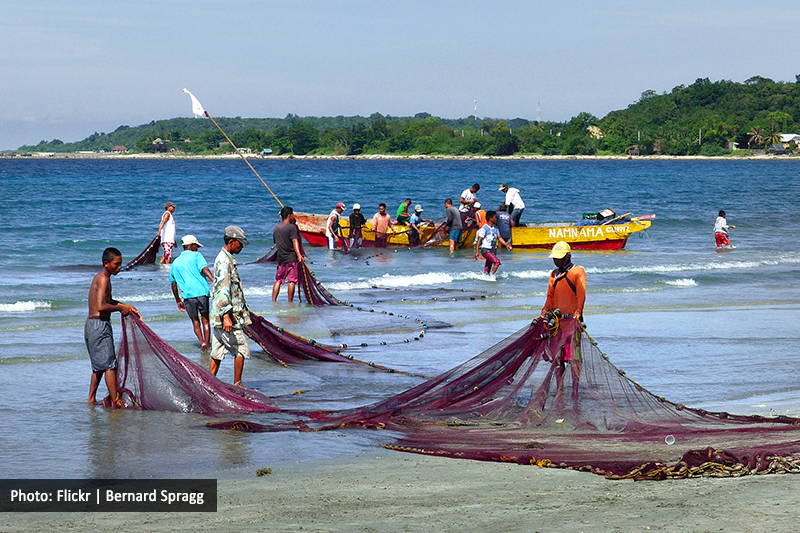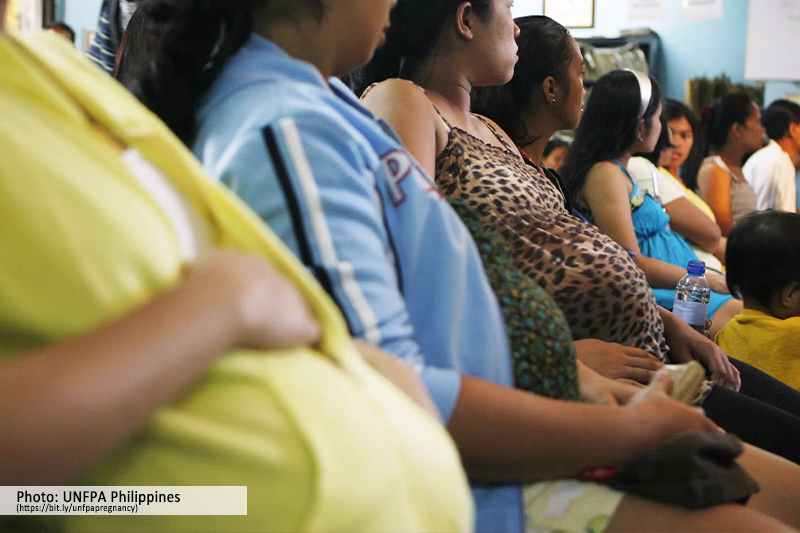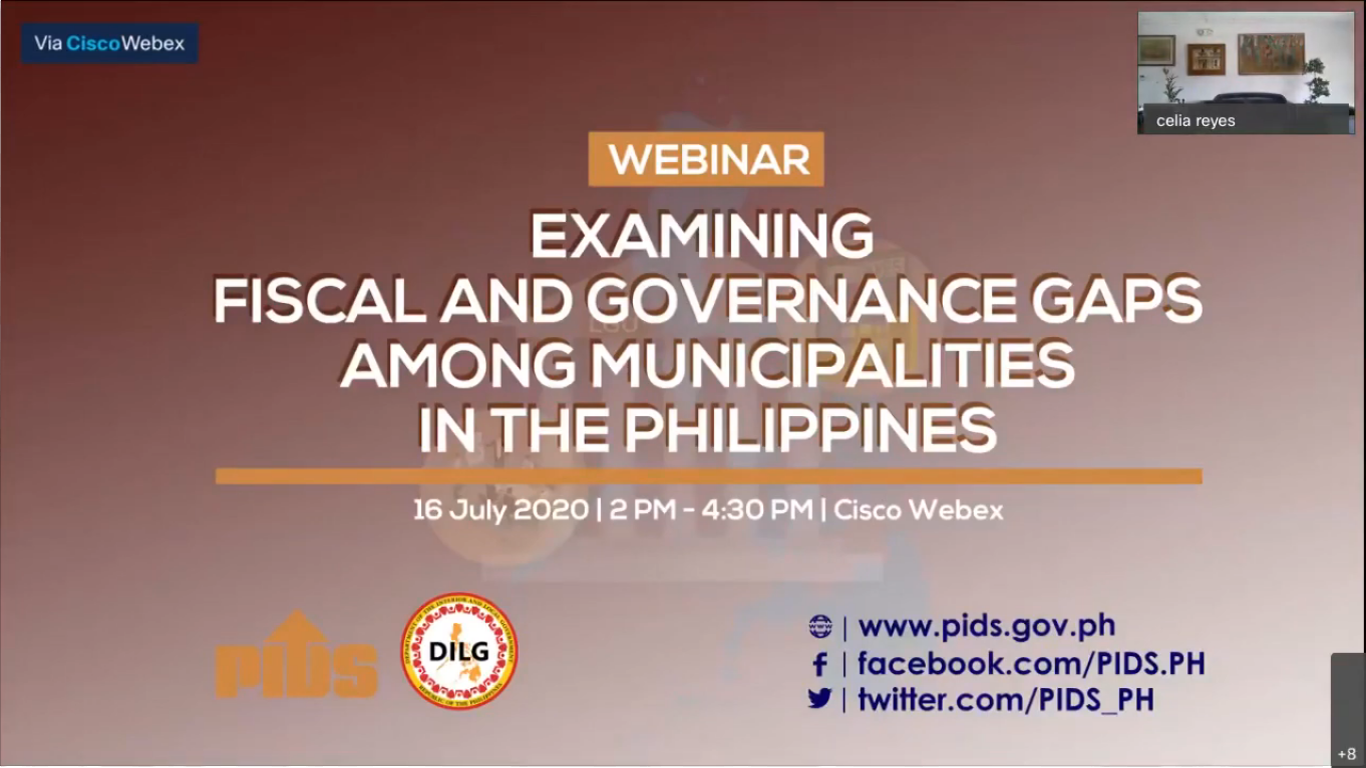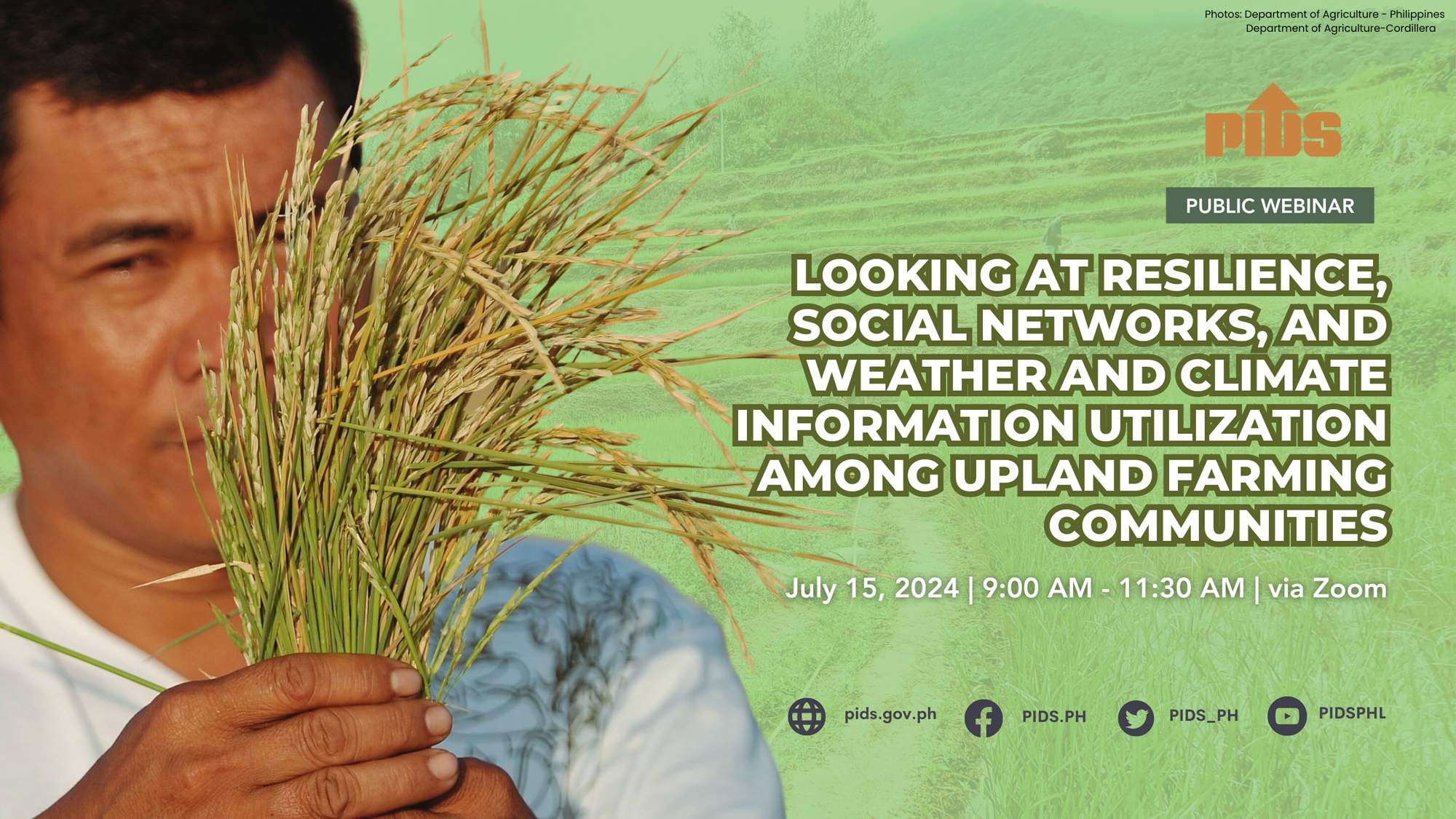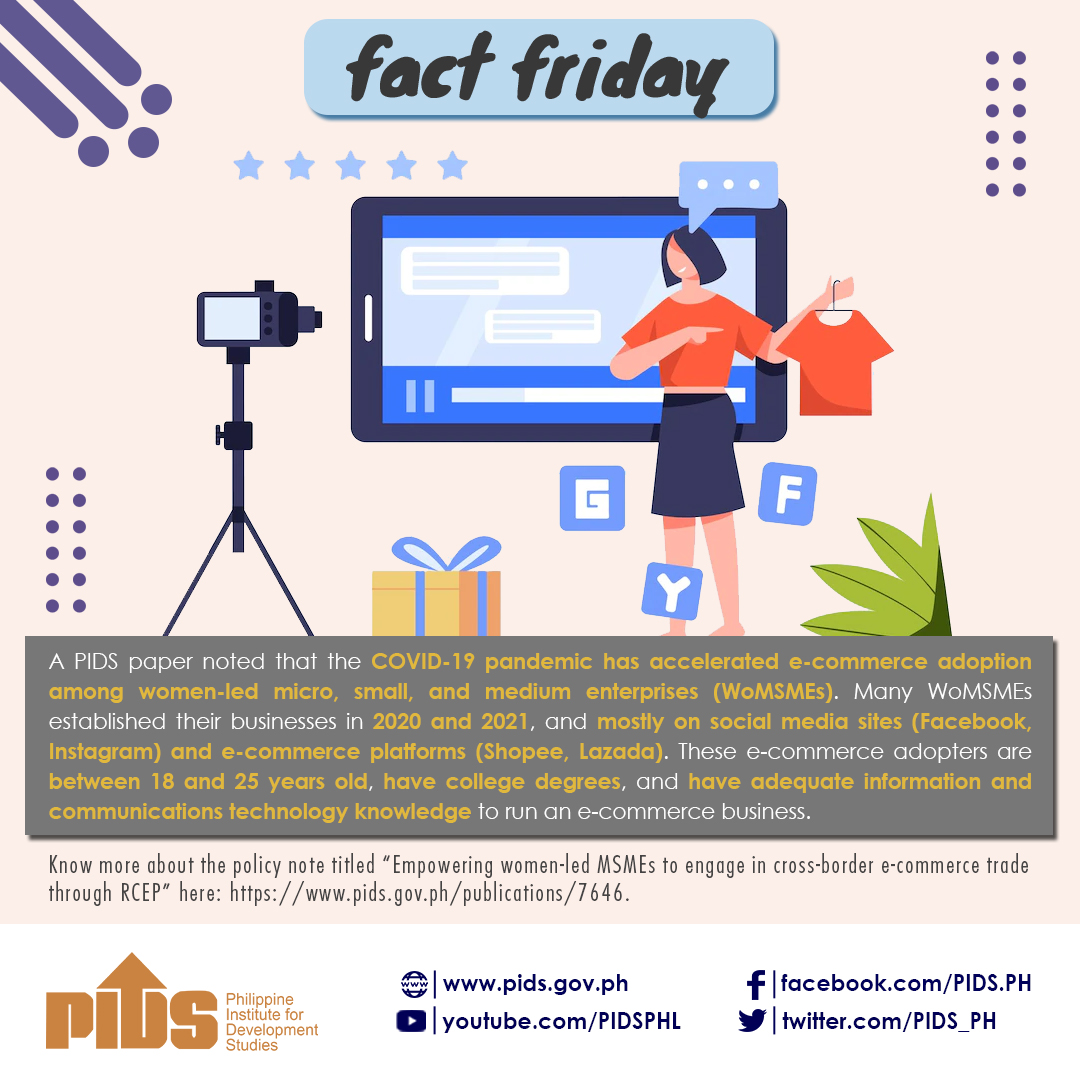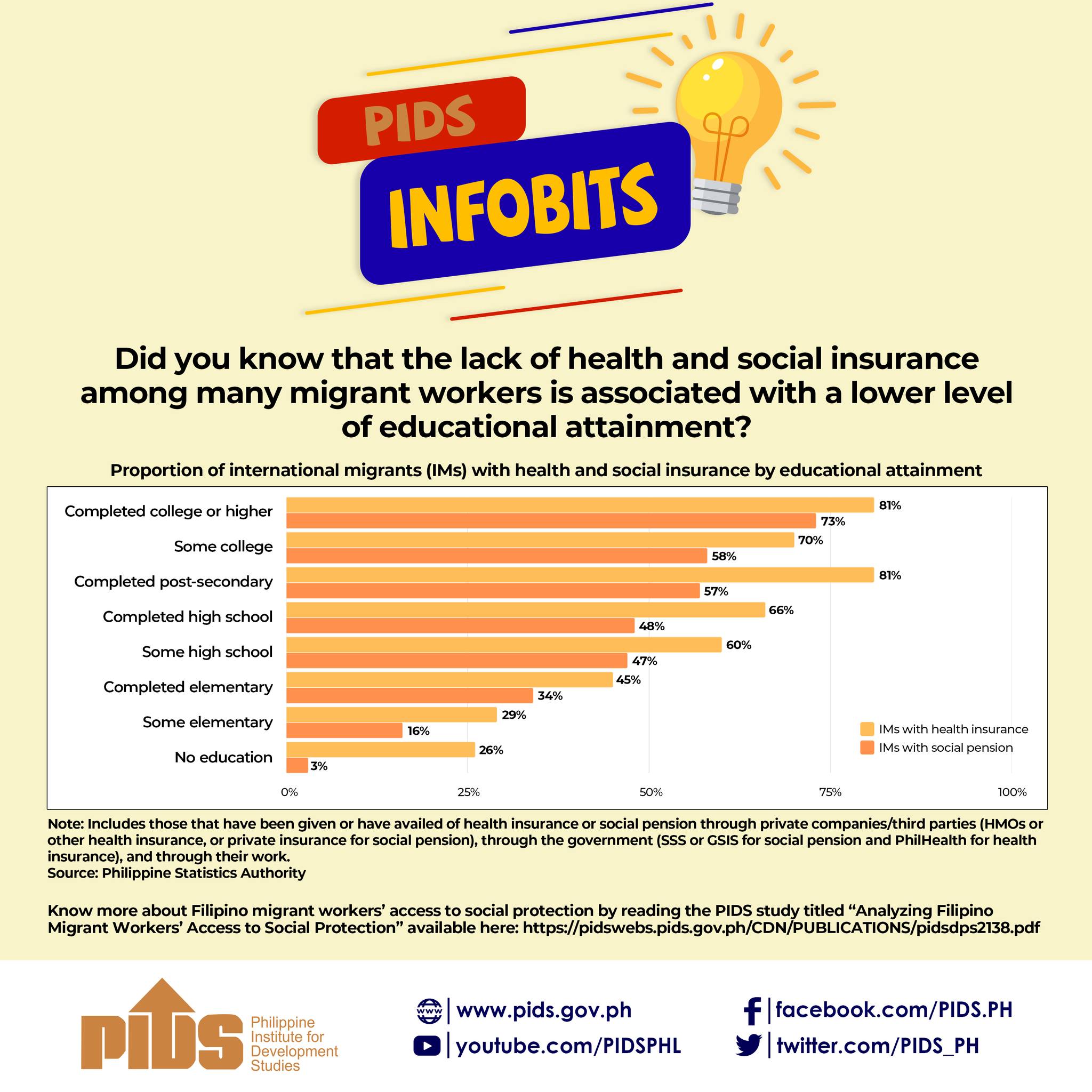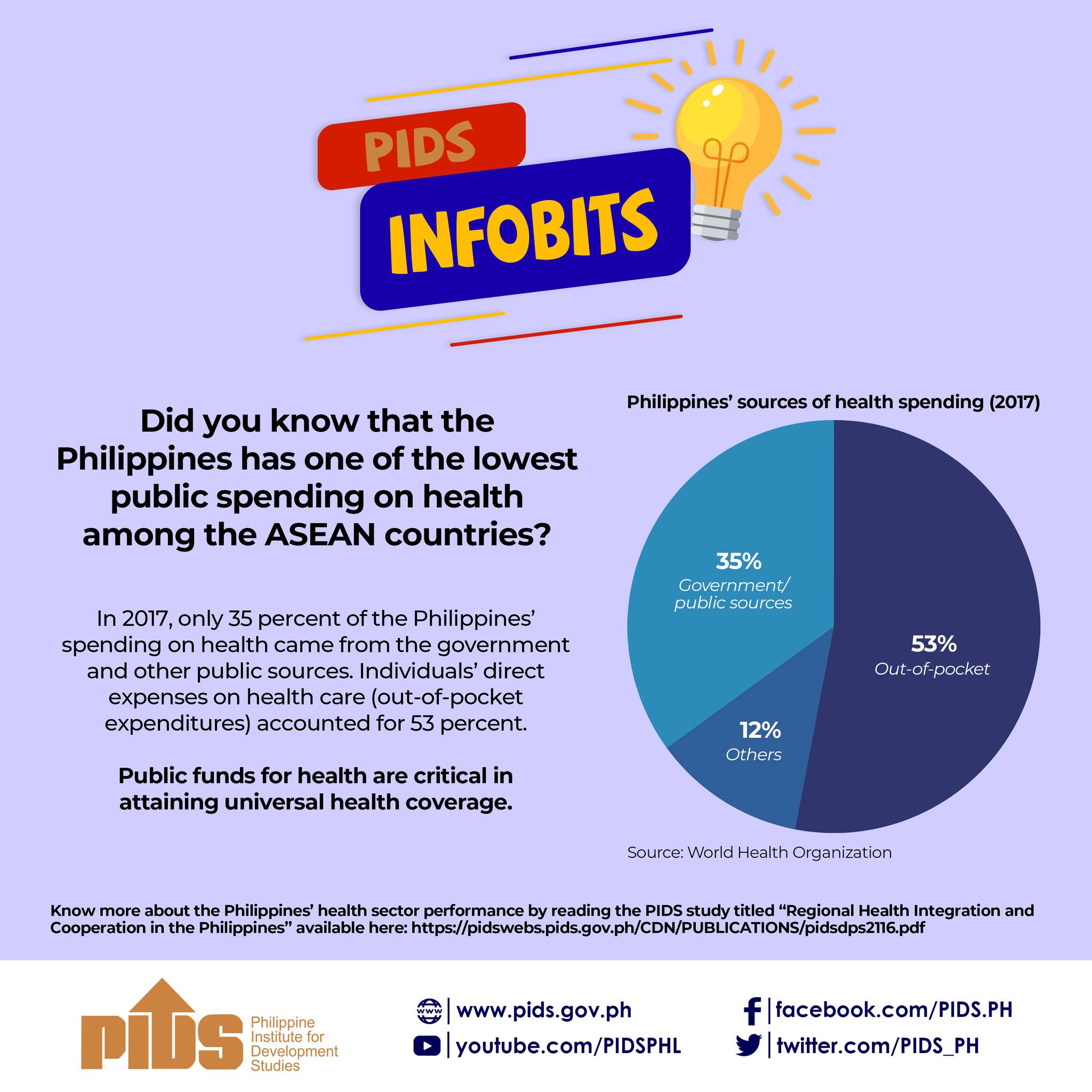CALAMBA CITY, Laguna, Dec 16 (PIA) --A study published by state think tank Philippine Institute for Development Studies (PIDS) called for proper waste disposal to address the worsening problem of plastic pollution in the country.
This after findings of the study titled “Are Marine-protected Areas Sheltered from Plastic Pollution?” revealed that microplastic occurrence in Tañon Strait is relatively high. This strait is the country’s largest marine-protected area located between Cebu and Negros Islands.
Maria Kristina Paler, author of the study and a grantee of the Philippine APEC Study Center Network’s Thesis and Dissertation Program, said that microplastic abundance in the water of Tañon Strait ranged from 0 to 1.5 items per liter, while its abundance in the sediments ranged from 0 to 39.72 items per kilogram dry weight.
Based on similar studies, these results were higher than bodies of water found in other countries such as China.
“The relatively high microplastic occurrence in Tañon Strait shows that the Philippines has been contributing a substantial volume of plastic debris into the marine ecosystem. This calls for proper waste disposal to mitigate the problem of plastic pollution,” Paler explained.
In terms of size, samples suggested that the microplastics, with a size smaller than 1 mm, were “from larger plastic debris that ended up in the marine environment”.
In terms of plastic type, the water tests found that the most abundant was polyethylene, while polyamide was abundant in the sediments.
Polyethylene may come from single-use bags, films for food, or sachet packaging, often used in the country. Polyamides, on the other hand, are mostly from automotive and electronic products.
Paler noted that the polyamides found in the samples are nylon, mostly used in fishing nets.
Moreover, the results suggested that the pollutants were generated from single-use plastic items and plastics largely used in the packaging industry.
“As such, policies to reduce single-use packaging, particularly polyethylene-based plastics, should be pursued,” Paler urged.
However, she noted that banning single-use plastics may not be “economically sound” considering Filipinos’ preference for sachets over bottled products due to economic constraints.
She then called for the provision of economic incentives to manufacturers that use substitutes for these plastic materials.
Another recommendation is for the “prohibition of discarding nets in seas, which is notoriously a common practice in the Philippines”.
Paler also suggested recycling and energy recovery as ways to treat “residual waste”, such as diapers and sanitary napkins. (PIA-4A/PIDS)
PH among major contributors to plastic pollution, study shows

